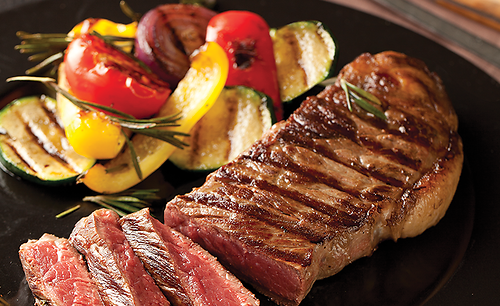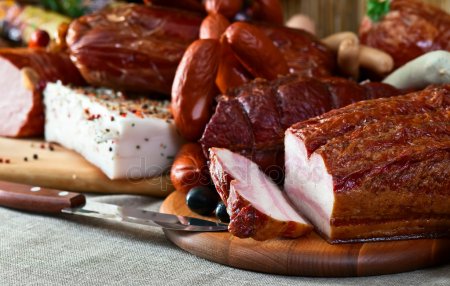How does heat treatment of vegetables affect the content of vitamins?
 Recently, one of my readers asked how much baked bell pepper is rich in vitamin C or is it completely resolved by heat treatment. This question prompted me to prepare a more detailed answer to the question of preserving vitamins and other nutrients during the heat treatment of vegetables in the form of this article.
Recently, one of my readers asked how much baked bell pepper is rich in vitamin C or is it completely resolved by heat treatment. This question prompted me to prepare a more detailed answer to the question of preserving vitamins and other nutrients during the heat treatment of vegetables in the form of this article.
Indeed, various cooking methods change the nutrient composition of fruits and vegetables, but this is not always bad. Some studies show that, although the heat treatment of foods may lead to the degradation of certain nutrients, the availability of others may increase.
Therefore, to say that there is a “best” form of plant use, for example, raw, it is impossible.
Many people believe that raw vegetables contain more nutrients than cooked ones, but, again, this depends on the type of nutrients. In one study in Germany, involving 200 people who followed a diet based on raw foods, it was found that the levels of beta-carotene in their bodies were elevated, but plasma levels of lycopene were significantly below average. Probably due to the fact that fresh, raw tomatoes do have a lower lycopene content than cooked or processed tomatoes. Heat treatment destroys the thick cell walls of many plants, releasing the nutrients stored in them.
Water-soluble vitamins, such as vitamin C and B vitamins, as well as a group of nutrients called polyphenols, are most vulnerable to processing and cooking. Canned peas and carrots lose from 85 to 95 percent of their natural vitamin C. Another study found that frozen cherries lose up to 50 percent of anthocyanins, the nutrients contained in the dark pigment of fruits and vegetables. In the process of cooking about two-thirds of vitamin C is removed from fresh spinach.
Depending on the cooking method used, the loss of vitamin C in home cooking can range from 15 to 55 percent, according to a survey by researchers from the University of California, Davis. Interestingly, vitamin C levels are often higher in frozen foods compared to fresh foods — probably because vitamin C dies during storage and transportation of fresh foods.
Fat-soluble vitamins, such as A, D, E and K, and antioxidant compounds, called carotenoids, become more available after preparation and processing. An article in The Journal of Agriculture and Food Chemistry concluded that carrots, zucchini and broccoli are better cooked than steamed, fried or served raw. Least of all nutrients are retained when frying.
But when it comes to cooking vegetables, you should always look for a compromise. You can increase the availability of one nutrient, while destroying another. For example, boiled carrots have significantly more carotenoids compared to raw carrots. However, raw carrots contain much more polyphenols, which disappear as soon as you start cooking.
Summarizing all this, it is fashionable to say that no cooking method is perfect in terms of preserving 100% of the nutrients in vegetables. And since the best vegetables are the ones that you really eat, the taste must also be taken into account when deciding on the cooking method.
The best way to get the most out of your vegetables is to enjoy them in different ways – raw, steamed, boiled, baked and fried. If you regularly eat a variety of fruits and vegetables, you do not need to worry about the way they are cooked.




